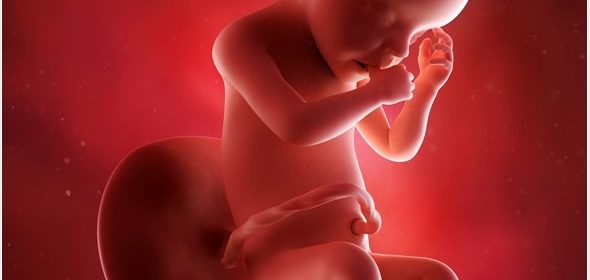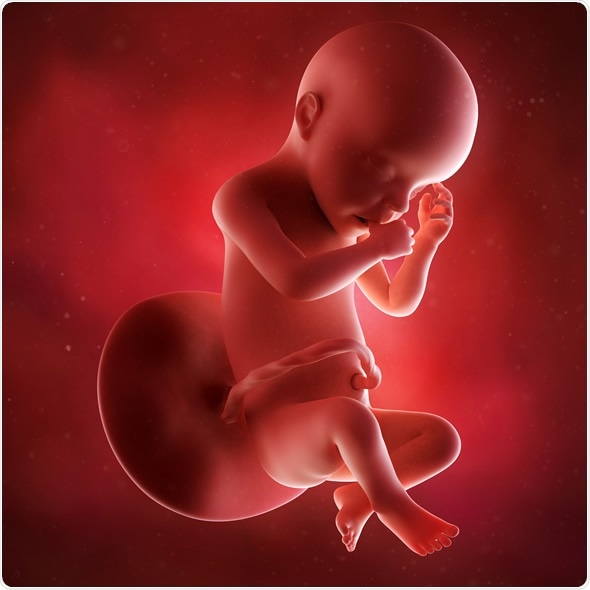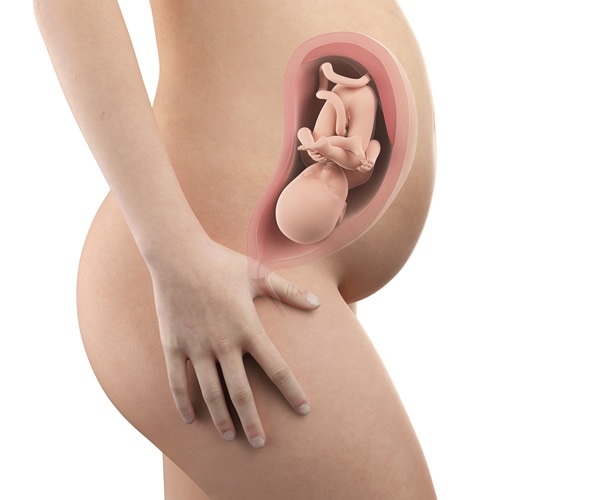flomax amoxicillin

https://greenhealthlive.com/top/generic-inderal-paypal-payment-without-prescription/
Between the 29th and 32nd week of pregnancy, the baby continues to be very active and makes numerous movements.
Each pregnancy is different and there is no particular amount of movements a mother should be expecting to feel at this stage, but she should be aware of the baby’s movement pattern and contact her local hospital or midwife if this pattern starts to change.
During this period of growth, the baby’s sucking reflex is developing where it can now suck its thumb and fingers.
The baby is also gaining weight and starting to look less wrinkled, as fat stores smooth out the skin.
The greasy vernix and fine hair (lanugo) that cover and protect the baby’s delicate skin has begun to disappear and the baby’s eyes can now focus.
Lung development is rapid, although the baby still wouldn’t be able to breathe independently at this stage.
By the 32nd week, the baby may be positioned with its head pointing downwards, in preparation for birth. This positioning is referred to as cephalic presentation.
If the baby is not lying in this position at this stage, there is no cause for concern as there is still enough time for the baby to turn.
Week 29
Billions of neurons are developing in the brain and the lungs and muscles are still maturing.
The head is growing larger to accommodate the growing brain and the eyes can move and possibly even follow a light outside of the abdomen.
The baby is still positioned with the head up at this stage, but will move into the birthing position in the coming weeks.
The baby is quite active, although there may be less movement than previously due to the uterus becoming more cramped.
The reduced space in the abdomen may mean the mother frequently experiences problems such as trapped wind or heartburn.
Week 30
The baby’s eyes are now often wide open and the baby may have a substantial amount of hair.
Red blood cells are now developing in the bone marrow and there is also a great deal of brain development at this stage. The baby now measures about 270 mm and weighs around 1,300 grams (3 pounds).
The mother may have felt the beginning of “practice” contractions, referred to as Braxton Hicks. These contractions can feel intense sometimes, but they are not painful.

Week 31
At 31 weeks, the central nervous system has developed to the point that it can control body temperature. Space in the uterus is limited and the mother can expect to feel fewer movements.
The major organs are now almost fully mature and growth now becomes more focused on maturing those organs and growing stores of fat and muscle.
The mother can expect the baby’s weight to double between this stage and birth. The eyes are now fully open and the irises can contract and dilate in response to light.
The mother can also expect to experience indigestion, sleeplessness, backache and weight gain. It is normal for the mother to be gaining around one pound each week at this stage.
Week 32
Although the lungs are still not fully matured, the baby is practising breathing. The body also starts to absorb minerals from the intestinal tract such as iron and calcium. The lanugo that protected the baby’s delicate skin begins to fall off.

A baby born at this stage has a good chance of survival, although the baby would still be in need of intensive medical care to aid breathing and feeding.
The baby now measures around 280mm and weighs about 3.75 pounds or 1,700 grams.
Sources
- www.nhs.uk/…/pregnancy-weeks-29-30-31-32.aspx
- www.bbc.co.uk/…/week.shtml?due=%28none%29&week=29
- www.mayoclinic.org/…/art-20045997
Further Reading
- All Pregnancy Content
- Early Signs of Pregnancy
- Is it Safe to Exercise During Pregnancy?
- Pregnancy: 0-8 weeks
- Pregnancy: 9 – 12 weeks
Last Updated: Feb 27, 2019

Written by
Sally Robertson
Sally has a Bachelor's Degree in Biomedical Sciences (B.Sc.). She is a specialist in reviewing and summarising the latest findings across all areas of medicine covered in major, high-impact, world-leading international medical journals, international press conferences and bulletins from governmental agencies and regulatory bodies. At News-Medical, Sally generates daily news features, life science articles and interview coverage.
Source: Read Full Article